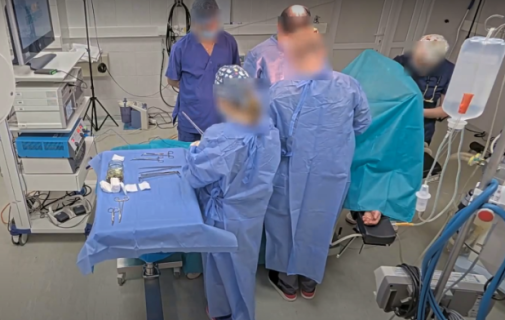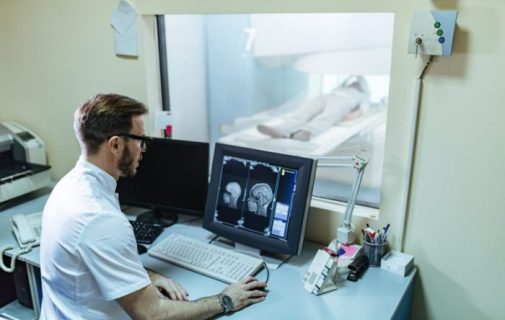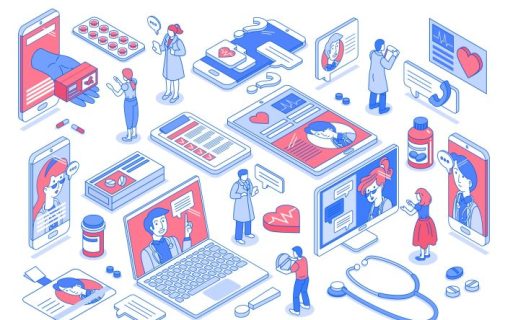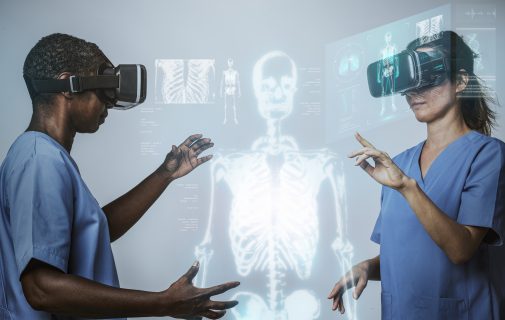 What is Healthcare Training Data, and Why is it Important?
What is Healthcare Training Data, and Why is it Important?
Collecting data has been a top priority for companies across industries. However, data collection has become even more important since it is necessary to train autonomous, self-learning models. This requires a different approach than preparing basic business data. Also, since healthcare is a vertical focus, it is important to put more emphasis on datasets that have a purpose other than basic record keeping.
This brings up an interesting question, why do we need to place attention on training datasets when there is so much patient data already available in medical databases and retirement homes, and other sources? The answer to this question is that standard patient data is not enough to create autonomous models that require contextual and labeled data to make perceptive and proactive decisions on time.
For this reason, healthcare training data is necessary, which comes in the form of annotated or labeled datasets. These datasets have the goal of teaching the ML algorithms to identify certain medical patterns, the nature of the disease, and the prognosis of many aspects of medical imaging.
What is Healthcare Training Data- A Complete Overview?
You can think of healthcare training data as any information that is relevant and labeled with metadata for machine learning algorithms to recognize them and learn from them. After the annotation portion of the project has been completed, the ML algorithms are able to understand the context, sequence, and other important information necessary for them to make a decision.
If we look at medical training data in greater detail, it’s all about annotated medical images that provide the machine with the necessary knowledge it needs to absorb all of the information. This training data can be contextual or transcribed in nature, thereby empowering the AI to identify data extracted from clinical trials and allowing doctors to take a more proactive approach.
If this is still too complex for you, the simplest way to look at what medical training data stands for. Imagine that a company created a new app that can detect infections based on reports and images that are uploaded by the users, and it then suggests the next course of action. However, to make such decisions, the AI needs to learn from the relevant data. This is what we mean when we say medical training data.
What are the Most Relevant Healthcare Models that require Training Data?
Machines can process more information than human doctors and can therefore impact the lives of everyday patients. This is also putting greater attention on the process of data annotation, which is all too often ignored by companies creating AI technologies.
Training data makes more sense to autonomous healthcare models that can progressively impact the life of commoners without human intervention. Also, the escalating emphasis on amplifying the research capabilities in the healthcare domain is further fueling the market growth of data annotation, an indispensable and unsung hero of AI that is instrumental in developing accurate and case-specific training data sets.
But which healthcare models are in most need of training data? Well, here are the sub-domains and models that have picked up pace in recent times, beckoning the need for some high-quality training data:
1. Digital Healthcare Setups: Focus areas include Personalized Treatment, virtual care for patients, and data analysis for health monitoring
2. Diagnostic Setups: Focus areas include early identification of life-threatening and high-impact ailments like any form of cancer and lesions.
3. Reporting and Diagnostic tools: Focus areas include developing a perceptive breed of CT Scanners, MRI detection, and X-Ray or imagery tools
4. Image Analyzers: Focus areas include identifying dental issues, skin ailments, kidney stones, and more
5. Data Identifiers: Focus areas include analyzing clinical trials for better disease management, identification of new treatment options for specific ailments, and drug creation
6. Record-Keeping Setups: Focus areas include maintaining and updating patient records, following up periodically on patient dues, and even pre-authorizing claims, by identifying the nitty-gritty of an insurance policy.
Why is Healthcare Training Data Important?
As seen from the nature of models, the role of machine learning is incrementally evolving when the healthcare domain is concerned. With perceptive AI setups becoming absolute necessities in healthcare, it comes down to NLP, Computer Vision, and Deep Learning to prepare relevant training data for the models to learn from.
Also, unlike the standard and static processes like patient record keeping, transaction handling, and more, intelligent Healthcare models like virtual care, image analyzers, and others cannot be targeted using traditional data sets. This is why training data becomes even more important in healthcare, as a giant step into the future.

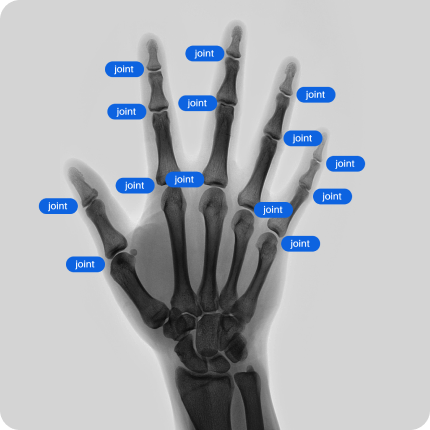
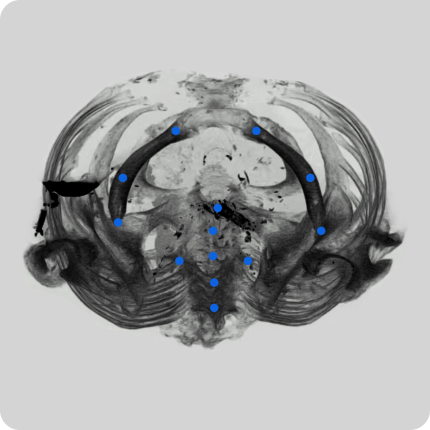
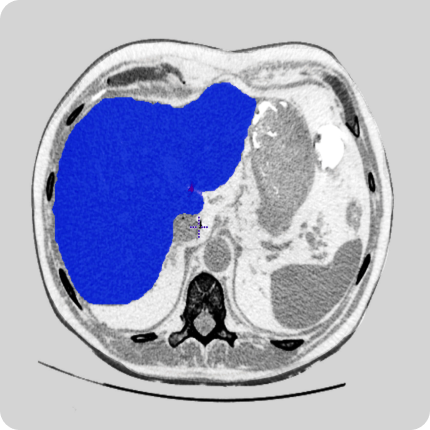




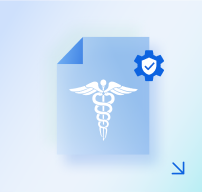






 What is Healthcare Training Data, and Why is it Important?
What is Healthcare Training Data, and Why is it Important?




